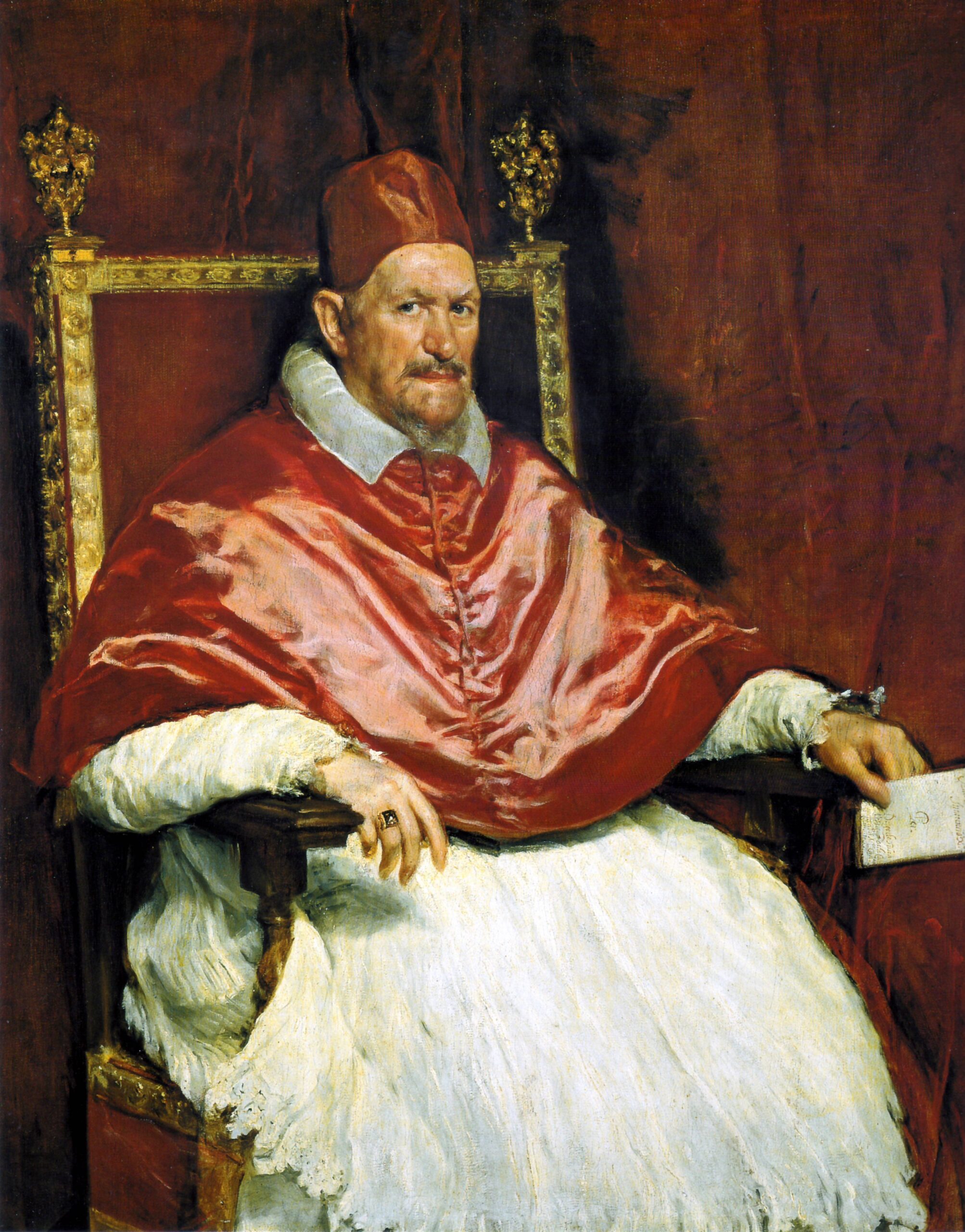Poet, playwright, novelist, essayist, and cultural critic Oscar Wilde was born 16 October 1854 in Dublin, Ireland. In addition to years as the toast of London and, later, a self-imposed exile in France, Wilde spent much of his time in Italy.
Wilde’s several long excursions to Milan and Rome marked important junctures in his life and also inspired some of his most profound writing, as well as major life changes. During his first visit to Milan in 1875, Wilde haunted La Scala, once introducing himself to Margherita, princess of Savoy-Genoa, at the opera house. Wilde returned to Milan in 1877 (skipping a semester at Oxford to do so), this time making side trips to Genoa and Ravenna. The journey inspired Wilde’s Sonnet on Approaching Italy:
I reached the Alps: the soul within me burned,
Italia, my Italia, at thy name:
And when from out the mountain’s heart I came
And saw the land for which my life had yearned,
I laughed as one who some great prize had earned:
And musing on the story of thy fame
I watched the day, till marked with wounds of flame
The turquoise sky to burnished gold was turnedThe pine-trees waved as waves a woman’s hair,
And in the orchards every twining spray
Was breaking into flakes of blossoming foam:
But when I knew that far away at Rome
In evil bonds a second Peter lay,
I wept to see the land so very fair.Turin
For a brief time in the early 1880s Wilde shared the Villa Giudice in Posilippo, Naples, with his lover, Bosie (Lord Alfred Bruce Douglas). By the time Wilde returned to Italy, this time to Rome, in 1900, Wilde had been imprisoned and released in ill health, Bosie was gone, and Wilde’s wife Constance was dead.
Wilde began attending vespers at the Basilica of St John Lateran. He often visited the Doria Palace to study Diego Velázquez’s Portrait of Pope Innocent X, and admired the marble fauns and satyrs in the Capitoline Museums. Having undergone a radical philosophical and theological shift while in prison, Wilde composed The Ballad of Reading Gaol in Rome, and eventually was baptised and converted to Catholicism.
Quipping to the last, Wilde declared that he “could never outlive the century as the English people would not stand it.” He died in Paris six months after leaving Rome, on 30 November 1900.
Reference: Oscar Wilde. Poems. Boston: Robert Brothers, 1881.
Oscar Wilde, c. 1884. Photo: Wikimedia Commons.
Diego Velázquez, Portrait of Pope Innocent X, 1650. The Doria Pamphilj Gallery, Rome.
The 14th-century Gothic baldacchino Archbasilica of St. John Lateran, Rome. Photo: Wikimedia Commons.
The papal cathedra, Archbasilica of St. John Lateran, Rome. Photo: Wikimedia Commons.
Advertisement for La Scala, Milan, c. 1880.
Capitoline Faun, c. 130, The Capitoline Museums, Rome, (Inventory number 739).
Further Reading: Peter Ackroyd. The Last Testament of Oscar Wilde. New York: Harper Collins, 1983.
Stefano Evangelista. The Reception of Oscar Wilde in Europe (The Athlone Critical Traditions Series: the Reception of British and Irish Authors in Europe). London: Bloomsbury, 2010.






